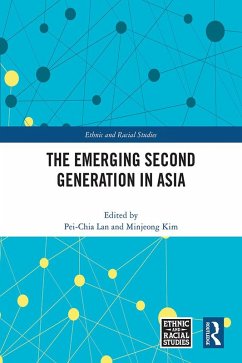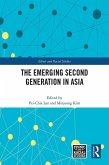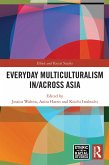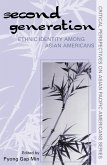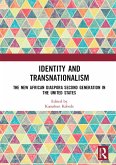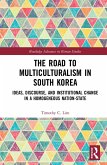Rather than adhering to the assimilation paradigm, this book highlights the complex, non-linear pathways of incorporation and ambivalent identity politics faced by second-generation youth in Asia. It examines how children of international marriage complicate the ethnoscape of their respective societies. By emphasizing the geopolitical contexts and state policies shaping immigrant parents' migration and settlement, chapters explore how these macrostructural factors influence second-generation children's senses of belonging and membership. Furthermore, chapters analyze the distinct manifestations of transnationalism in Asian contexts, blurring the traditional distinction between "sending" and "receiving" countries in the life trajectories of the second generation.
This book was originally published as a special issue of Ethnic and Racial Studies.
Dieser Download kann aus rechtlichen Gründen nur mit Rechnungsadresse in A, B, BG, CY, CZ, D, DK, EW, E, FIN, F, GR, HR, H, IRL, I, LT, L, LR, M, NL, PL, P, R, S, SLO, SK ausgeliefert werden.

